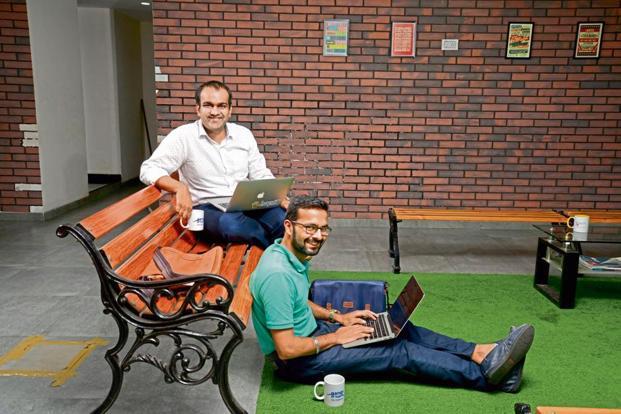Bonding is essential for workplace dynamics. When Debadutta Upadhyaya joined Yahoo! India in 2004, she hit it off with her hiring manager, Neville Taraporewalla, immediately. “He had a knack for detecting issues, was caring and took me under his wing, helping me learn things that helped me grow professionally as well as personally,” says 45-year-old Upadhyaya, who credits the guidance from Taraporewalla for her rise from an account manager to sales head in the company within three years.
In 2012, Upadhyaya started her own company, Timesaverz, a home services start-up. She approached her friend and mentor for advice and guidance. “He not only encouraged my entrepreneurial dream but also helped us secure initial capital and an angel investor for Timesaverz,” says Upadhyaya. This was the reason he was the first person she thought of when forming the board for Timesaverz.

Friendships help workplace bonding
They are also better informed about their company as information shared between friends is of higher quality than that shared between co-workers, says Prof. Sias. “Being better informed enhances your work performance and helps you progress in your career.”
It was the emotional support that Nandita Sachdev found helpful when she joined Mumbai-based Kwan Entertainment and Marketing Solutions, an entertainment marketing and celebrity management firm, in 2009. “I did not grow up in India and don’t have any family here, so my co-workers became family for me,” says the 32-year-old. This helped her grow both personally and professionally; she became a business head at the age of 26.
Now a partner at Kwan, Sachdev feels the company’s culture of community was instrumental in her success. “I was given a voice, security, responsibility and ownership, and everyone around me felt the same way,” she says. The environment of encouraging everyone to speak up, and informal structures, helped her make friends in the company. “I have met some of my closest friends here, we go out quite often, have dinner together, watch movies, meet after hours at each other’s houses, take vacations together and celebrate milestones in each other’s lives, like the birth of kids and new houses,” she says.
Can bonding be good for the company?
Anirban Das Blah, one of the founders of Kwan, shuns the word “employee”, choosing instead to use “colleague” while talking about people from his company. “It’s far more productive and healthier if you’re in an environment you enjoy, which makes you feel happy and secure and surrounded by people you respect, love and trust,” says the 39-year-old.
Blah, however, cautions that an over-casual culture could lead to nepotism and favouritism. “We discourage it by encouraging transparency and objectively evaluating how well a person is doing at work, with feedback from multiple team members rather than one so that there’s trust in the organization,” he says.

Trust is an important parameter for 31-year-old Aakrit Vaish. In 2013, Vaish launched his start-up, Haptik, a conversational AI app, with classmate and co-founder Swapan Rajdev after a random chat on GTalk where they were swapping ideas. “We never doubt each other’s intensions, have a good understanding and can communicate openly, which eases day-to-day operations of the company,” says the Mumbai-based entrepreneur. However, he feels that finding an unbiased perspective on a problem can become difficult sometimes as friends would not want to hurt each other’s feelings.
Read the complete article on livemint.com

